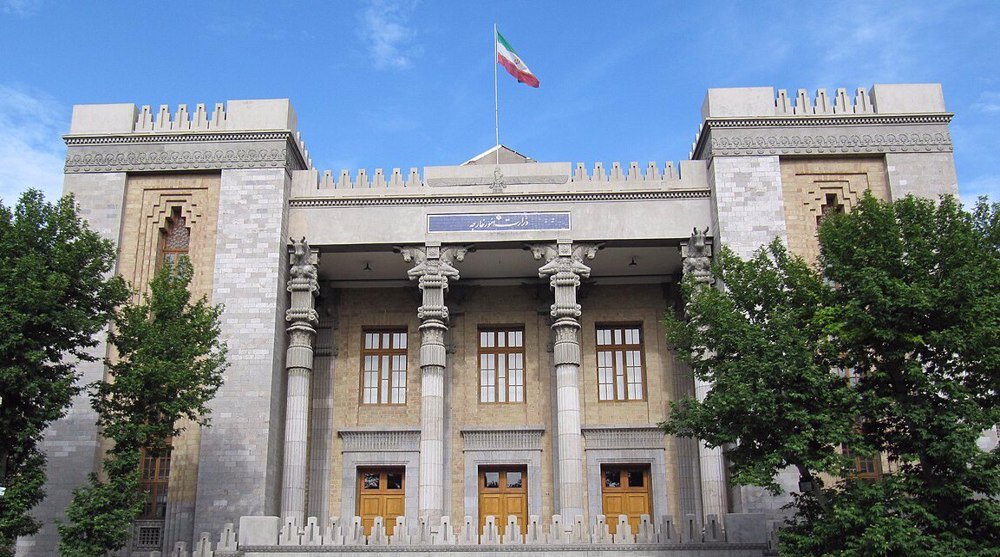
TEHRAN The International Day of Zero Waste is observed annually on March 30 promoting zero-waste initiatives to help advance all the goals and targets in the 2030 Agenda for Sustainable Development.These goals address all forms of waste, including food loss and waste, natural resource extraction, and electronic waste.The United Nations Environment Programme (UNEP) and the United Nations Human Settlements Programme (UN-Habitat) jointly facilitate the observance of International Day of Zero Waste.Humanitys unsustainable production and consumption practices are driving the planet toward destruction.Each year, the International Day of Zero Waste is celebrated under a different theme to urge humanity to address the waste crisis, urgently.This years theme, Towards zero waste in fashion and textiles, highlights the need for action in the fashion and textile sector to reduce waste and advance circular solutions.The rapid growth in textile production and consumption is outpacing sustainability efforts in the sector, causing severe environmental, economic, and social impacts, particularly in the Global South.
Clothing production doubled from 2000 to 2015 and yet, 92 million tonnes of textile waste is produced globally.
This equates to a garbage truck full of clothing incinerated or sent to landfills every second.Addressing this challenge requires systemic change through sustainable production and consumption, and circular solutions.
A zero-waste approach is key to this transition.Consumers can significantly reduce environmental harm by adopting practices like reuse, repair, and recycling.
Shifting away from fast fashion and investing in durable, high-quality clothing not only conserves resources but also honors traditional sustainability approaches.The private sector must take responsibility by designing products that are durable, repairable, and recyclable, while embracing circular business models that curb chemical pollution, reduce production volumes, use sustainable materials, and help rebuild biodiversity.
Innovation and accountability should guide business strategies.Governments play a critical role by enforcing Extended Producer Responsibility (EPR) schemes, regulating harmful chemicals, investing in recycling infrastructure, and incentivizing sustainable business models to drive the transition to a circular economy.

 11
11











